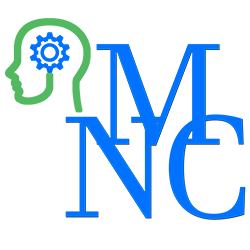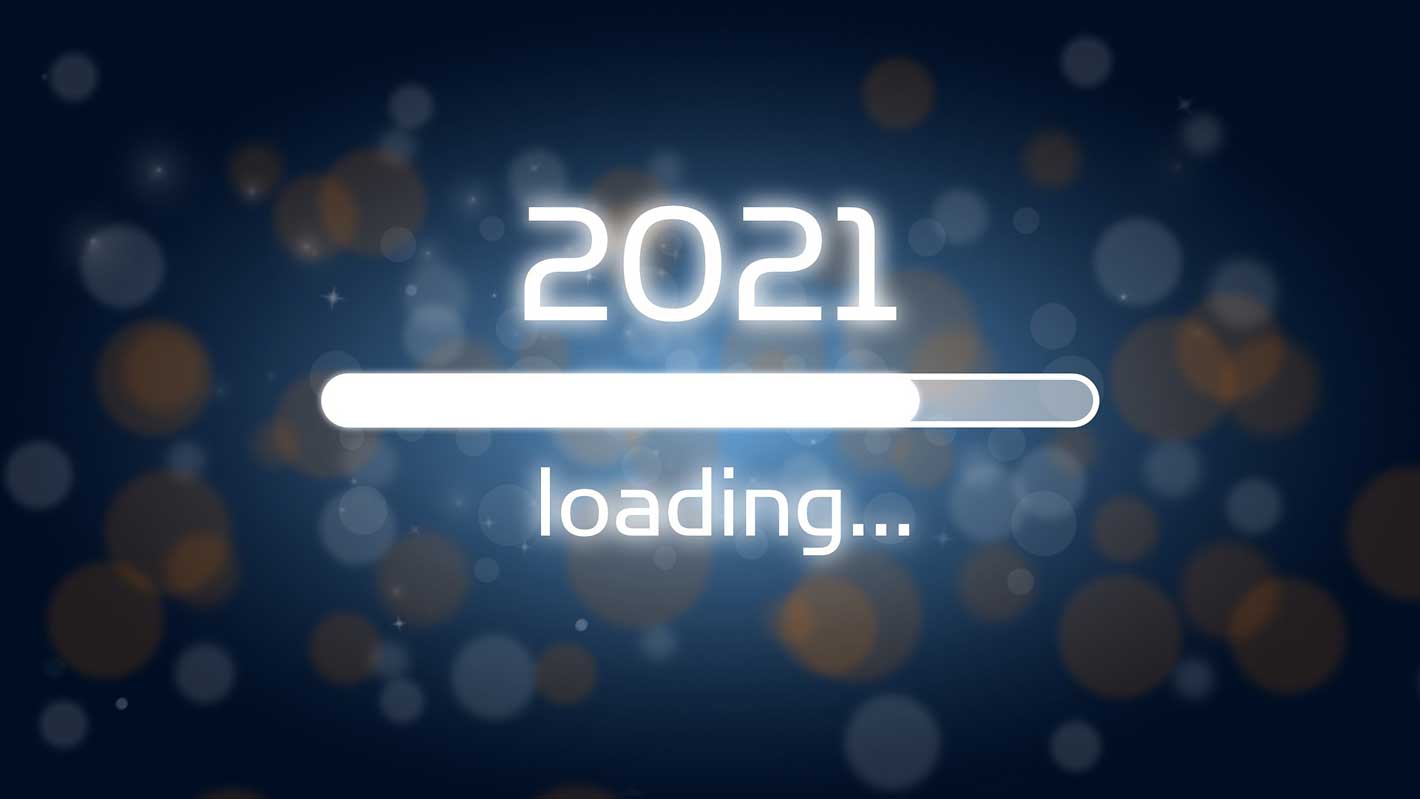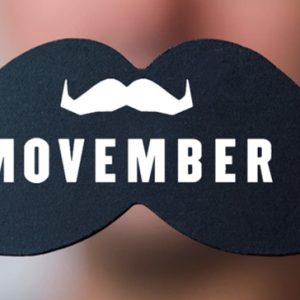It was really my intent to write an uplifting message for the new year, as I usually do. However, when I reviewed the political and social turmoil that encompassed our country over the last year, and the continued ignorance and reluctance of some people to find the truth amidst the lies that were circulated, I wanted this to be my new year’s message—that we empower ourselves through critical thinking about issues, and seek to find truth in the stories that we hear.
In 2020 we were bombarded by information from social media on the pandemic, Black Lives Matter, political partisanship, inequities in the public service, migrant challenges and many other subjects of discourse that sought to sensationalise rather than provide truths.
Persons were less likely to fact-check media sources, newspapers, television broadcasts and politicians’ statements and, instead, they internalised the many reports which they then translated into discriminatory practices and racially-provoked insults against others. Even in families, in organisations and in work spaces, blatant lies were spread about persons, in attempts to sully their character without proper fact-checking, engaging in dialogue and finding the truth from both sides.
There were those who were physically and mentally affected by these weak-minded, irrational and negative assaults on their character, and some individuals retreated into the shadows of their mind and took their own lives.
As far back as 1123 AD, the poet Omar Khayyam wrote the following quatrain:
“The Moving Finger writes; and, having writ,
Moves on: nor all thy Piety nor Wit
Shall lure it back to cancel half a Line,
Nor all thy Tears wash out a Word of it.”
The moving finger represents the passage of time—and once something is done, it remains in the past because time only moves forward. So that whatever is unjustly done to others, whether in word or in deed, it cannot be undone despite our flowery words, tears and deep regrets to change the situation.
What can happen is that we seek forgiveness, consistently and persistently, in an attempt to redress issues that may have shattered lives, betrayed trusts and severed relationships in families and between friends.
Instead of jumping on the bandwagon and going along with what you are told, examine carefully why persons seek to sway your opinion, and their motives for doing so. Whether these persons are professionals or otherwise, seek to empower yourself with knowledge and truth—this is the best intellectual investment that you can give to yourself and to others in the new year.
But how do we find truth in knowledge? This is not as easy as it sounds, as in many instances we tend to think of ourselves as rational thinkers and see those who disagree with us as the ones who are misguided.
As a result, we might think our job is simply to point out where other people have been contentious in their thinking, rather than to engage in critical and reflective dialogue, allowing for the possibility that we may be the ones who are wrong in our conclusions.
As we move forward into 2021, let us make a commitment to critically evaluate what we see and hear, grounded in the wisdom of reflective and effective enquiry that would raise the standards of credibility.
Let us always seek truth and dispassionate reasoning so that we can empower ourselves with the knowledge needed to guide our way and to demand and expect of others that they do the same. Take care. Happy New Year!
Dr Margaret Nakhid-Chatoor
Immediate past president,
Trinidad and Tobago Association of Psychologists (TTAP)
Credit – Express Newspaper, (trinidadexpress.com)
See the original article here.





